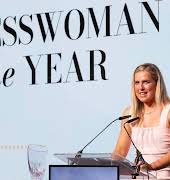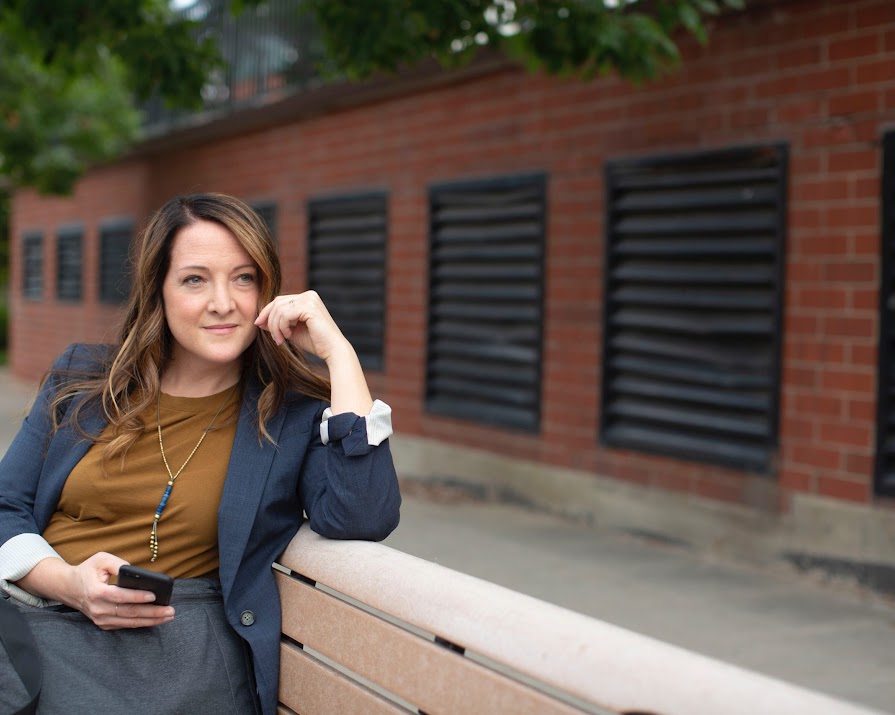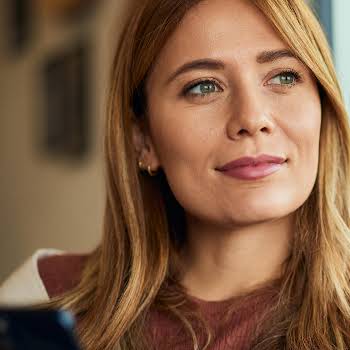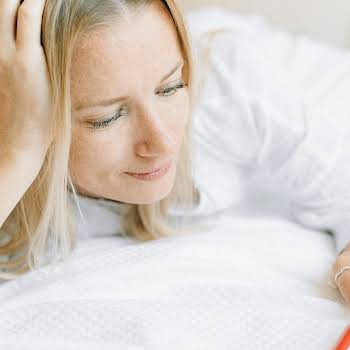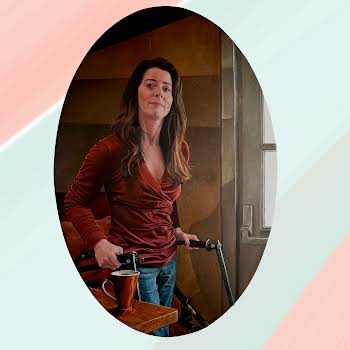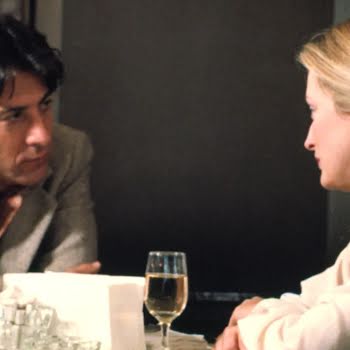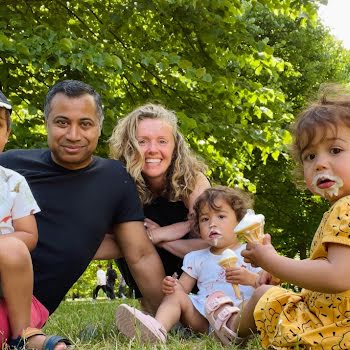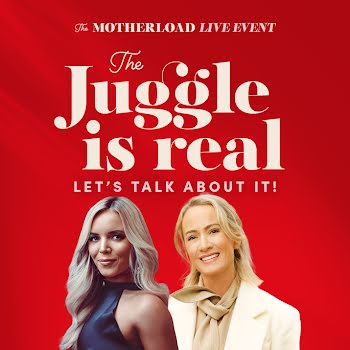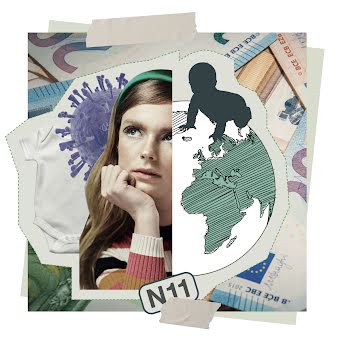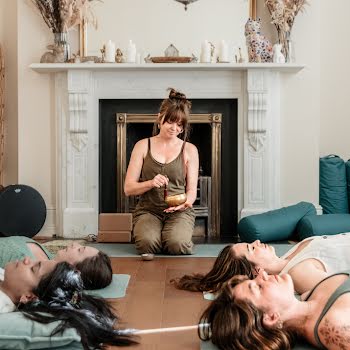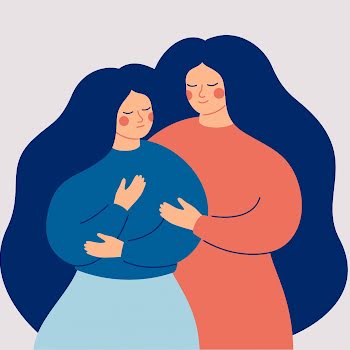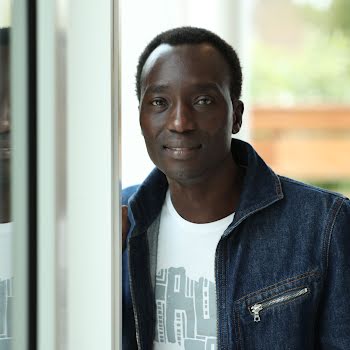Sponsored
‘I’m 40 years old and I wish I had frozen my eggs when I was younger’
Sponsored By

By Lauren Heskin
29th Mar 2022
29th Mar 2022
Sponsored By

Freezing your eggs can take the time pressure of finding the right partner but when is the best time to freeze them and what does it entail?
Following on from the results from our reader survey on fertility, we asked you what you want answers to. From male fertility issues to egg donation, we get the experts’ advice on all things fertility.
So far, we have covered ovulation, pregnancy loss, endometriosis and male fertility issues. In our final expert Q&A, we spoke to Dr Eithne Lowe, Consultant in Reproductive Medicine at Waterstone Clinic, about egg freezing – what it entails, when you should do it and what to know if you’re considering freezing your eggs.
Reader’s Question
I’m 40 years old and I wish I had frozen my eggs when I was younger. It would have given me time to choose the right partner without the added time pressure and just given me more options. Is there an age cut off for freezing my eggs and how long do they remain viable for?
Our expert
Dr Lowe is a highly experienced Consultant in Reproductive Medicine who leads the team in Waterstone Clinic Dublin. Dr Lowe joined Waterstone Clinic in 2021.
Dr Lowe graduated from Queen’s University of Belfast in 1987 with Distinction in Obstetrics and Gynaecology. She completed her post-graduate specialist training during 10 years spent in London.
Dr Lowe has more than twenty years of experience in fertility and has a special interest in working with couples on lifestyle issues to try to improve their chances of natural conception. She believes working on overall health and wellbeing will ultimately improve outcomes if fertility treatments are necessary.
Dr Lowe’s advice
Age is the single most important factor that affects female fertility. There are age guidelines for egg freezing because the quality of our eggs declines as we age. The best thing you can do is to have your fertility assessed and discuss all your options with a fertility consultant.
Freezing eggs stops the impact of ageing on those eggs, so ideally you should freeze in your late twenties to early thirties. It’s essential not to wait too long before considering or starting the process because the number and quality of your eggs decline as you age.
As you get later into your thirties, the number of eggs you need to freeze in order to have a reasonable chance of success with them becomes larger. Generally, the aim is to bank around 20 eggs, and you may need to have more than one round of treatment to freeze that number. If you are between 30-36 years old when you have treatment, 20 frozen eggs should give you an 80% chance of having a baby from the eggs if you need them in future. If you are older when you freeze, the number of eggs required increases, but the success rate decreases: a 37-year-old who freezes 15 or more eggs will have around a 25% chance of success from those eggs.
The egg freeze process itself is straightforward and is the same as an IVF cycle. The treatment starts with a stimulation phase where you will take medication to stimulate the ovaries to develop multiple follicles, which are bubbles of fluid in the ovary that contain an egg. You will have some ultrasound scans to track the development of the follicles, tracking them as they grow and the egg within matures. When they reach the right size, you will be ready for egg collection.
On the day of the egg collection procedure, you will have some sedation and the eggs will be collected from your ovaries and taken to the laboratory where they will be vitrified (a specialised type of freezing). Waterstone Clinic uses an open system of vitrification for egg freezing, which is the gold standard. The eggs are then put into long-term secure storage where they are kept at an extremely low temperature of -196°C.
If, later on, you need to use your eggs, they will be taken from storage, thawed and assessed. An embryologist will fertilise the eggs with sperm (from your partner or a donor) to create embryos. You will take some medication to prepare the lining of your womb and an embryo can then be transferred to your uterus in a simple embryo transfer procedure. The transfer generally has a 50% success rate. If you have surplus embryos, these can be frozen and stored for future use, similar to how the eggs were.
The main thing to take away from any discussion on egg freezing is that the first step is to assess your fertility. Preserving your fertility can alleviate the pressure that surrounds important life choices like finding a partner, pursuing a career or education or even undergoing particular medical treatments. While it is important to understand that egg freezing doesn’t give a guarantee of a future family, having your younger eggs available to you if you struggle to conceive in future can make all the difference in the years ahead. First things first though: knowing where you stand with your fertility will allow you to explore all of the options available to you and to make plans that are right for you.




